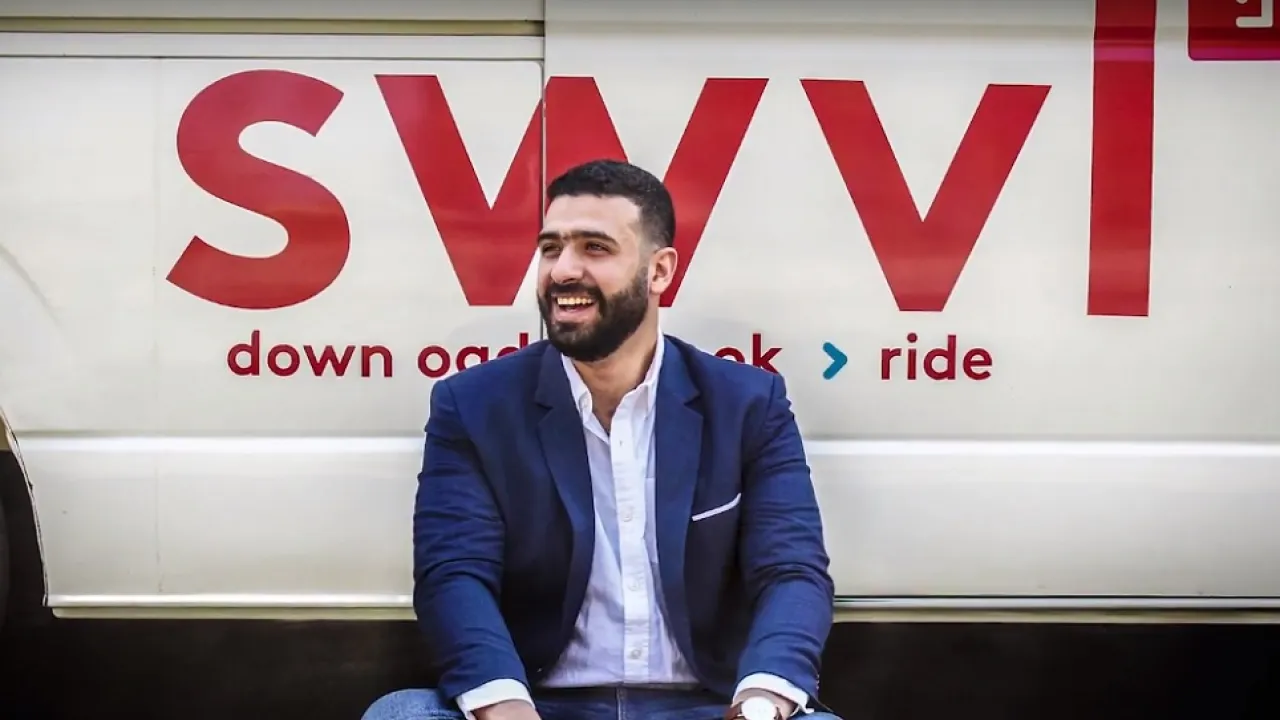Entrepreneurs
Swvl’s Evolution: The Ambitious Growth and Challenges of Dubai’s Transit Tech Giant

Dubai-based public-transport swacler Swvl Holdings Corp.-essentially a tech-enabled mass-transit solutions firm-has evolved to become a transformative force in public transportation. It started just as a modest start-up aimed at solving Cairo’s notorious traffic congestion. But the firm has blossomed into a global operation offering intercity and intracity transit options across 135 cities in 20 countries. Having taken off meteorically, underpinned by innovative tech and bold vision, this endeavour sets Swvl apart by focusing on making public transport accessible, affordable, and environmentally friendly. Let’s talk about the journey of Swvl from a local idea to its current status as a publicly traded entity on Nasdaq and its services with a vision for the future of transit.
Swvl was founded in 2017 in Cairo, Egypt, by Mostafa Kandil along with Ahmed Sabbah and Mahmoud Nouh. Incited by his time at ride-hailing giant Careem, Kandil was convinced of the possibility of bringing a technological solution to Cairo’s transportation problems. It raised an initial investment of $30,000 from its founders and later added another $500,000 contribution made by Careem to introduce app-based booking of affordable, convenient buses.
What’s amazing about Swvl as a tech-enabled transit provider was that it offered scheduled, shared routes of public transportation and served areas that traditional transit otherwise neglected. It quickly started resonating with the users and began expanding rapidly, and in no time, investors from Dubai, the United States, and other parts of the world were knocking at its door.
Swvl fast scaling attracted the attention of major venture capital firms. Not only that, but this year also Swvl had raised quite big funding rounds in Series A and B, which amount to $25-35 million, with lead investors as Dubai-based BECO Capital and Silicon Badia, in 2018. Swvl, after acquiring such newfound capital, extended its services beyond Egypt’s borders, adding services in Kenya and Nigeria and then Pakistan, among others. Each of the new markets posed different challenges, but Swvl adjusted the given business model for every urban landscape quite efficiently through technology. Swvl set up its headquarters in 2019 in Dubai, centralizing itself within its core Middle Eastern and African markets and setting out an even wider vision for new international market penetration.
The breaking point probably came when Swvl announced the deal it would undertake in 2021: its merger with Queen’s Gambit Growth Capital, a U.S.-based SPAC – Special Purpose Acquisition Company. Naturally, Queen’s Gambit was the first ever all-female-led SPAC in history, and with its decision to partner with Swvl, that entailed a degree of trust in Swvl’s model on a global scale. Swvl was valued at $1.5 billion at the time of the merger, which established it as the first middle-eastern tech start-up ever to list publicly on Nasdaq, hence breaking the record and thus earning its place among unicorns.
Swvl offers three main services: intercity and intracity transit, B2B solutions for corporate commutes, and B2G, offering services to the government as well. Its first product is a ride-pooling app that pools passengers toward fixed routes, reducing the cost of private car usage or taxis.
Swvl also built partnerships with the private sector and governments, who would be able to organize transport for their employees or constituents. That foray into B2B and B2G has further opened up the scope of Swvl, making it an adaptable play in the global space of transit.
Swvl has faced so much in its journey, from red tape in new market regulatory exercises to scaling up its operations. More than that, the company has also managed financial pressures; after coming to Nasdaq, the fluctuation in stock price occurred a few times, and for optimizing its utilization of accessible resources, the firm had to face several layoffs. Swvl keeps making public transport more affordable and clean. Its innovation proceeds when, for example, the platform has acquired Shotl in Europe, and Viapool, a Latin American transit operator.
